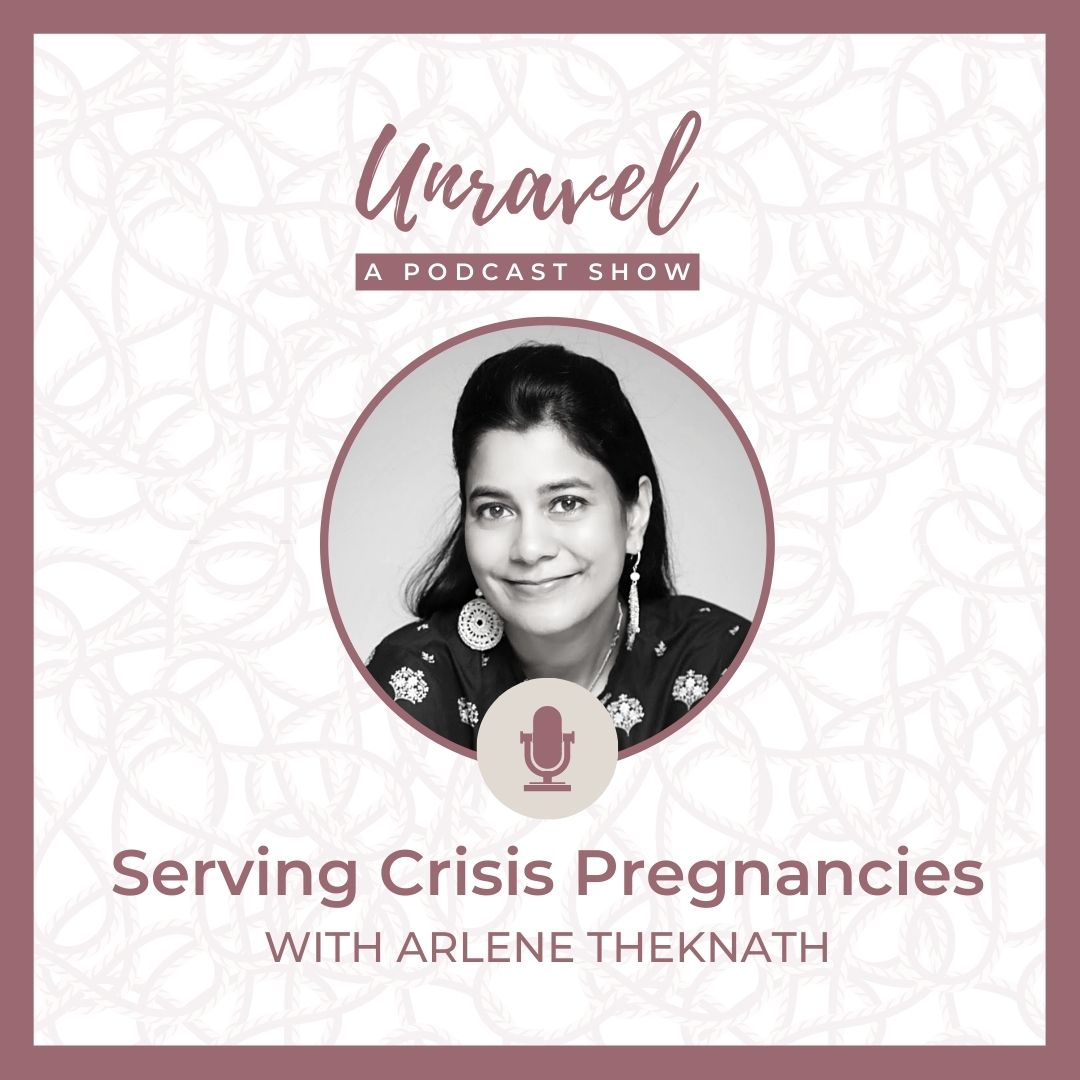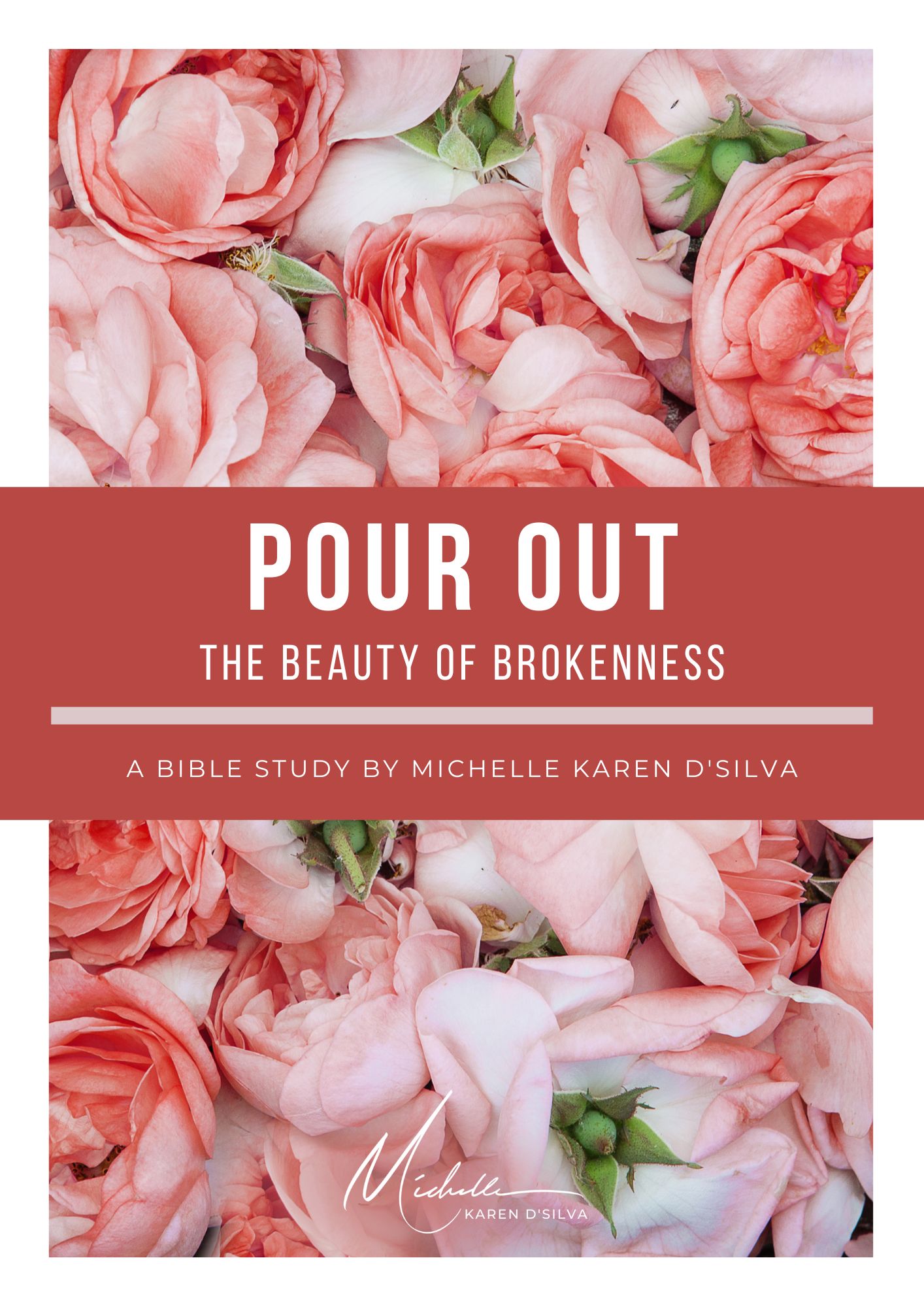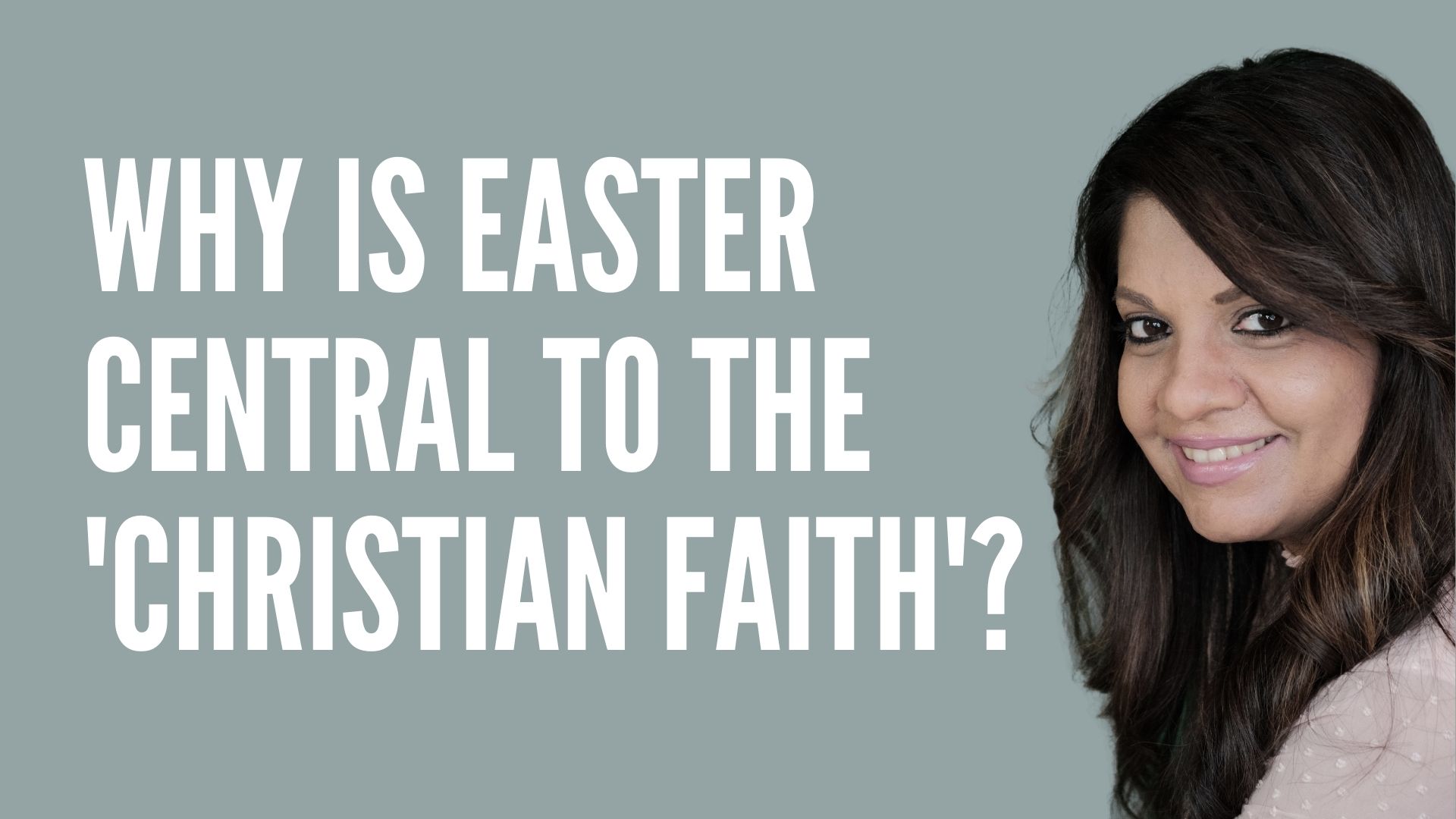NEW YEAR, NEW MERCY
Though I have never witnessed a court trial firsthand, my dad’s account of the often humiliating scenes in his encounters with the legal system offered me a new perspective on justice and mercy. On one such occasion, my dad related, teenagers driving with expired licenses and having parked in no-parking zones took their turn at the stand, one by one, waiting for the judge to pronounce pardon or punishment.
In due course, each of their charges was dismissed; given a clear warning, each young defendant was released from the courtroom. While their exoneration for such minor charges may have surprised some spectators, nothing shocks us more than when a grave offense is treated with mercy. Time and again, we collectively exhibit outrage at the thought of compassion for anyone who showed, in their criminal thirst, no compassion or mercy for their victims. Our sense of injustice is as palpable as the indifference of the man who walks about free, undeterred by the loss and pain he has caused others.
A Cry For Justice
In looking back at the upheavals our own family has experienced through these myriad trials together, and at the endless stories of global conflict that punctuate our daily lives, I note that—irrespective of religious background—the demand for justice is universal. It is undoubtedly one of the first things we learn to cry out for as children. As a mother of two, I am deeply aware of the desire to be fair to both my children even as I am aware of the fairness they demand of each other when one fails to do what is right.
In Luke 18:3-8, Jesus tells a parable of a widow and a judge. Unlike in most court scenes, perhaps, this plaintiff has done nothing wrong. The widow pleads with but one request: ‘Grant me justice against my adversary.’ That is her only cry to a man who has refused to act and who has remained indifferent and deaf to her pleas. In the end, frustrated for having been disturbed and bothered, he finally gives in and grants her request—not because he is moved by mercy, but because her pleading pricks his conscience. He admits, “Yet because this widow keeps bothering me, I will grant her justice, so that she may not wear me out by continually coming” (Luke 18:5). Jesus ended the parable with a question, “And will not God grant justice to his chosen ones who cry to him day and night? Will he delay long in helping them? I tell you, he will quickly grant justice to them. And yet, when the Son of Man comes, will he find faith on earth” (Luke 18:7-8).
For many of us, life may seem like a courtroom trial at the moment. The unprecedented crisis of the Pandemic has left many disillusioned of their requests and wary of true justice. For many of us, discouragement, delays, and unanswered prayers have left us wondering if faith matters at all and if God hears and will choose to act. Yet, like the widow in the parable and the teenagers present at my father’s trial, we are assured of God’s deliverance and ever-present help even when we fail to understand His will. Unlike the judge who was fed up, our Father in heaven is not.
God extends His mercy freely to all who call upon Him, especially when they need it most.
New Year, New Mercy
As the New Year dawns, we are reminded of the extravagance of God’s mercy. We may have lost much last year, but we have gained infinitely more because God is just and merciful. As the psalmist rightfully consoles us, “The steadfast love of the Lord never ceases; his mercies never come to an end; they are new every morning; great is your faithfulness” (Lamentation 3:22-23). The psalmist was making a powerful declaration that regardless of our sin and failure, God will yet pronounce new beginnings—without fail. That amid all that has been declared dark and guilty, we can still find Hope to begin again. That the New Year can begin with New Mercy owing to a God who makes all things new (Revelation 21:5).
Therefore, to pass through the new door of 2021 is to walk in the vivid reality of Jesus’ blood, which paved the way for undeserved mercy. It is to rediscover yet again the infinite mercy of a God who took upon human flesh for our sake and was condemned for our sins. It is to awaken to the revelatory truth of a God who descended to a world of guilt and shame to redeem us of all that holds us chained and captive.
The New Mercy of the New Year is also a humbling reminder of a Hope beyond this world— the promise of a day foretold, wherein there will be a new heaven and a new Earth—where there will no more courtroom trials, no injustice, no tears, and no more suffering: “He will wipe every tear from their eyes. Death will be no more; mourning and crying and pain will be no more, for the first things have passed away” (Revelation 21:4)
Therefore regardless of how many trials we have endured in the past year, or how many of your requests were met with disappointment, in the vicarious Human Son, who offered persistent prayers with loud cries and tears in the Garden of Gethsemane, you and I can be assured of a God who rightly judges, a God who hears, a God came to live among mortal sinners and a God whose justice and mercy continually prevails in the face of Emmanuel.








